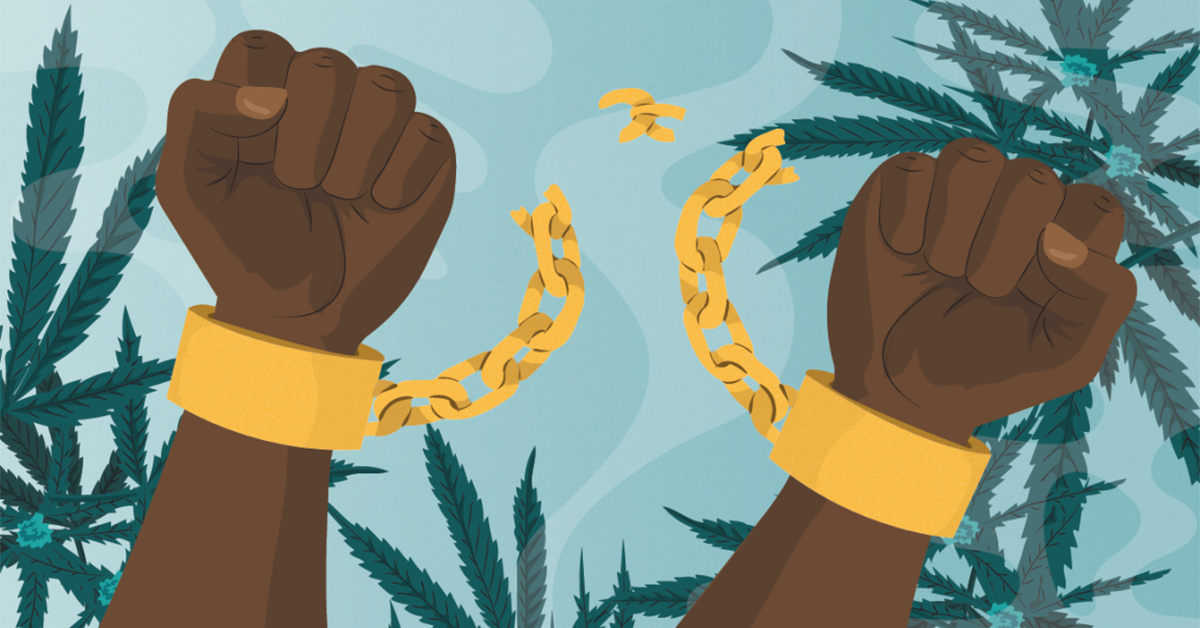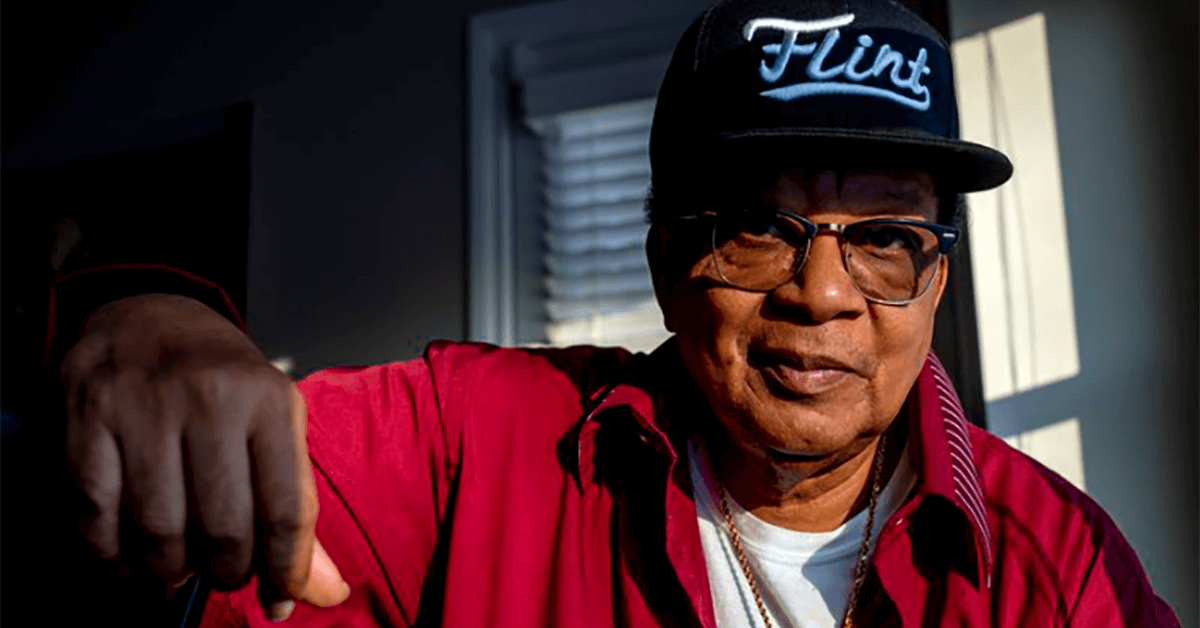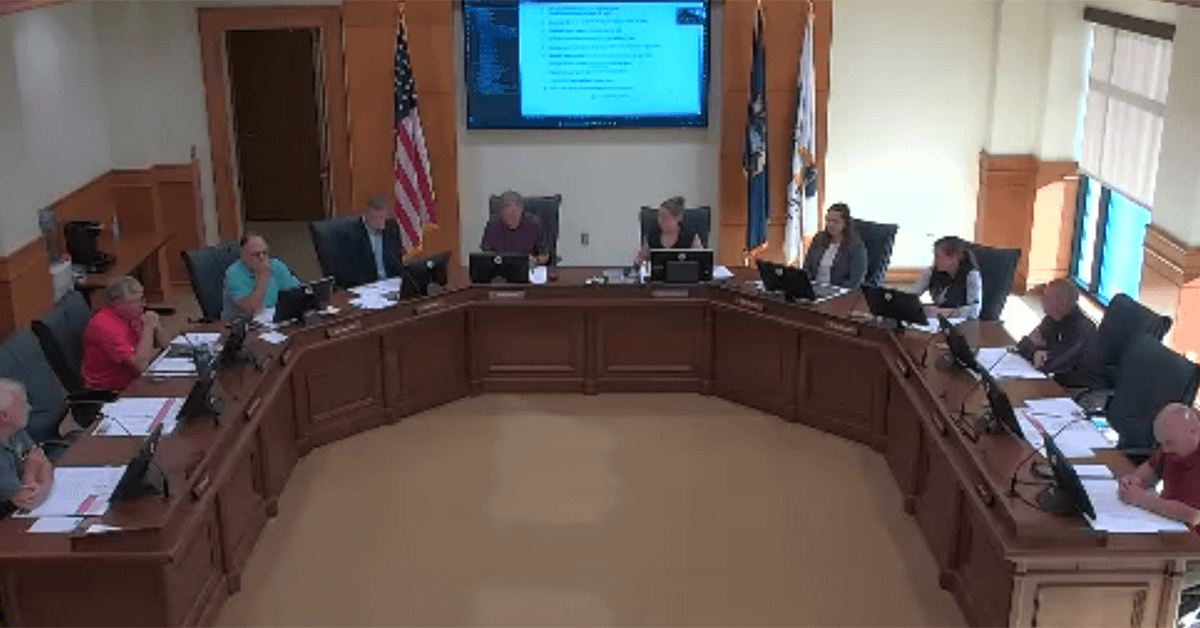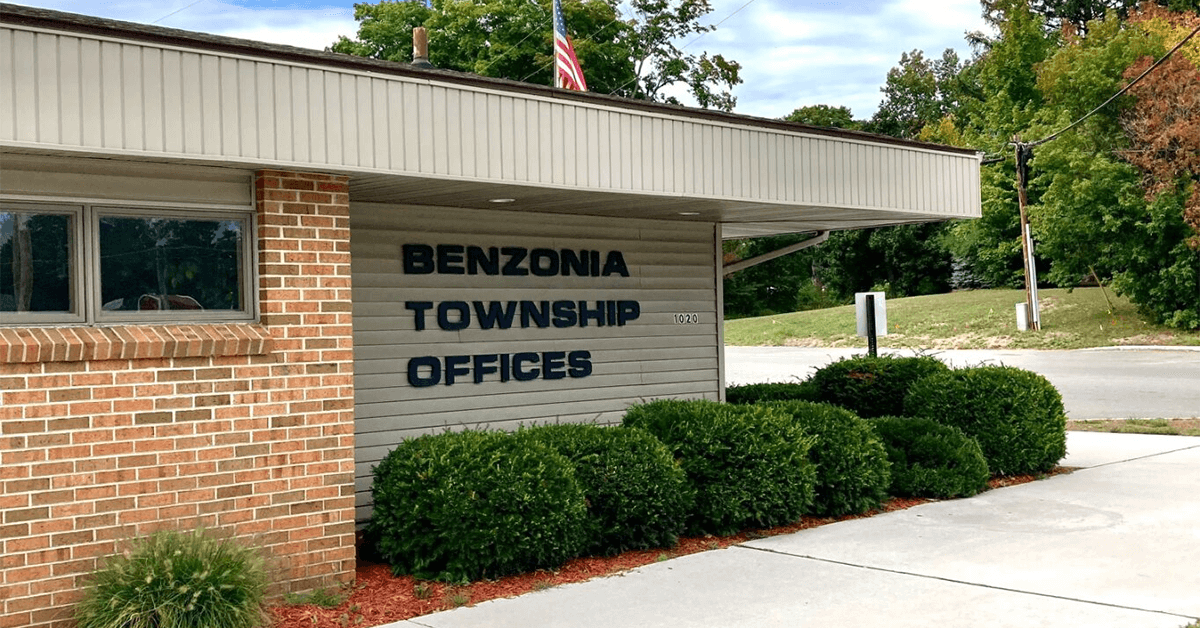Michigan-Based Cannabis Group Under Scrutiny for Questionable Licensing Practices Out-of-State

In the complex realm of social equity programs intended to benefit marginalized communities by providing cannabis business opportunities, a concerning development has surfaced. Participants unknowingly find themselves ensnared in contracts that not only strip them of their rights but also unknowingly expose them to financial risks. While the program promises prosperity for the marginalized, some unscrupulous entities appear to exploit it for their gain. This report delves into this alarming situation, the individuals involved, and the implications for those unwittingly caught in the web.
Table of Contents
- The Deceptive Contract and Its Repercussions
- The Broader Landscape and Key Players
- Scrutiny and State Oversight
- The Landscape of Cannabis Licensing
- Vetting the Application Process
- Concluding Remarks
The Deceptive Contract and Its Repercussions
Central to this saga is a concerning contractual agreement. Prospective participants lured by the promise of a "social equity program" unknowingly agreed to terms with potential severe financial implications. This contract, reviewed by external observers, allowed the Michigan group, known to operate under multiple business pseudonyms, to use the participants' social security numbers to obtain an Employer Identification Number (EIN). While seemingly benign, this clause burdened the participant with the business's entire tax liability, directly contradicting the contract's stated promises.
Nimrod Chapel, president of the Missouri NAACP and a practicing attorney, sounds the alarm about the contract's vague clauses. Of particular concern is the contract's indefinite tenure, potentially ensnaring participants indefinitely. In essence, it gives the company unchecked access to an individual's name and likeness. Chapel goes as far as to compare this to a form of human commodification.
Evidence points to Jeffrey Yatooma's group, possibly linked to Canna Zoned, actively submitting dispensary applications in Illinois under various aliases, such as "Chicago Retail LLC". Adding to the existing mistrust is the state's reticence on Yatooma's licensing status.
The Illinois Department of Financial and Professional Regulation, in its supervisory capacity, didn't remain passive. Earlier in the year, it warned potential applicants about such deceptive contracts. As they evaluate the recent lottery winners' eligibility, their stance against disinformation remains firm, suggesting license denial in the face of inconsistencies.
But Yatooma's group's maneuvers aren't restricted to Illinois. Missouri saw similar contracts that shackled participants to equivalent stipulations. The aftermath of these agreements became evident when some participants discovered their identities were used for subsequent lotteries in various states. Connecting these agreements back to Yatooma is the Michigan-based LLC, "Report Head LLC," which lists him as the primary authorized agent.
Adolphus Pruitt from the St. Louis City NAACP chapter took it upon himself to examine these contracts. His findings were stark, drawing parallels between the agreements and "modern-day indentured servitude." This sentiment mirrors Chapel's, raising severe questions about potential state fraud and the unintentional involvement of unsuspecting participants.
Emerging from these revelations is an image of a system possibly susceptible to strategic manipulation. Recent lottery outcomes, which showed most of the 16 dispensary license victors submitting multiple applications, only augment these concerns. This suggests a more extensive, possibly coordinated exploitation mechanism.
The Broader Landscape and Key Players
As the narrative unfolds, Yatooma's operations, though noteworthy, represent just a fraction of a more extensive web of entities seeking to traverse, or possibly manipulate, the fluid social equity cannabis scene.
State documents shed light on Yatooma's reach, showing his stake in at least 20 dispensary applications in Illinois. But the plot thickens on a broader scale. Out of Missouri's 16 dispensary license victors, a mere five seem to have acted independently without striking deals with qualifying individuals.
In some Congressional districts, the presence of certain entities like Kot is even more striking. In the 1st Congressional District, encompassing the City of St. Louis, Kot is the contact for a staggering 62% of applications. Similar dominance is observed in the 2nd and 4th districts.
Sara Gullickson, Cannabis Business Advisors' CEO, when questioned about their significant presence and their strategies, remains reticent. While she differentiates her company's approach from Yatooma's, emphasizing their vast multi-state and international experience, her reluctance to elaborate on her client sourcing raises eyebrows.
Then there's John Payne, a dominant name in Missouri's cannabis domain. His consultancy, Amendment 2 Consultants, relates to 16% of dispensary license applications statewide. Payne accentuates his divergence from Yatooma's methods. Instead of broad public outreach, Payne cultivated an extensive network of personal and professional contacts.
With confidence, Payne anticipates that dubious agreements will come to light in the state's upcoming post-licensure verification process, trusting the department's meticulous examination mechanisms that demand contractual transparency.
Scrutiny and State Oversight
Concerns surrounding these agreements and the modus operandi of companies like Yatooma's group are mounting. Illinois took swift notice. Chris Slaby, spokesperson for the Illinois Department of Financial and Professional Regulation, emphasized the legal constraints which prevent him from confirming if Yatooma was granted a license. However, the department's commitment to due diligence became evident with their public cautionary note earlier in the year.
Post the Illinois lottery conclusion on July 13th, the department commenced eligibility reviews. Discrepancies or misinformation during applications might result in license denials, preserving the social equity program's integrity.
Missouri's situation adds another layer to these concerns. Contracts linked to individuals such as Simone Booker and James Harnden bore striking similarities. Alarmingly, these permitted Yatooma's group to utilize applicant data for multiple state lotteries. Harnden even received intimation of his name's intended use in an impending Missouri lottery.
Adolphus Pruitt, echoing Chapel's sentiments, fiercely criticized such agreements, equating them to "modern-day indentured servitude." This perspective implies that the Michigan group may not only be attempting to deceive the state but may be committing a broader form of exploitation against the individuals they purportedly claim to assist.
Given these looming questions, the central theme emerges: while the cannabis industry offers significant opportunities for social equity and economic empowerment, vigilance and transparency are imperative to ensure that this potential isn't exploited by unscrupulous entities.
The Landscape of Cannabis Licensing
In the rapidly expanding world of legal cannabis, state licenses to cultivate, process, or dispense the product are akin to golden tickets. With the market growth, there's been a proliferation of consultancy firms that guide individuals and groups through the labyrinthine licensing process. This symbiotic relationship benefits both: the consultants gain financially, and the applicants increase their odds of securing these coveted licenses.
Yet, the commodification of cannabis licenses has ignited a contentious debate. While licenses, particularly for dispensaries, hold immense financial potential, their primary intent, especially in states like Missouri and Illinois, was to address historical injustices. These licenses were meant to economically empower communities disproportionately affected by the War on Drugs.
To retain the license's integrity and its intended purpose, states like Illinois and Missouri embedded stringent requirements. In Illinois, applicants must demonstrate ties to communities with disproportionate drug-related convictions or have been victims of such convictions themselves. Missouri demands proof of residency and past tax returns, establishing a clear local connection.
However, an unintended consequence has emerged. Observers notice an increasing trend where consultants, leveraging the stringent qualifications, engage with individuals primarily for their eligibility rather than genuine partnership. This has birthed concerns of an exploitative environment where qualifying individuals become mere means to an end, and genuine social equity takes a backseat.
Vetting the Application Process
In the complex world of cannabis licensing, transparency and legitimacy are paramount. Given the extensive number of applicants and the myriad strategies deployed to secure a license, scrutiny is inevitable, especially in the post-licensure phase.
John Payne, with his extensive involvement in the Missouri cannabis scene, underscored the importance of a rigorous vetting process. As the founding partner at Amendment 2 Consultants and the campaign manager for both of the state's constitutional amendments to legalize marijuana, Payne holds a unique vantage point.
Payne explained that his client base was cultivated predominantly through established relationships and referrals. "It was almost all internal networks," he reflected. "We knew a lot of people and those people knew a lot of people. So that's how we kind of grew our client base." This grassroots approach starkly contrasts with the mass outreach methods employed by others, like Yatooma.
While the methods to secure applicants varied widely, what remained consistent was the state's commitment to ensuring a fair and transparent licensing process. Payne emphasized that the Department of Financial and Professional Regulation is diligent in its vetting process. "The department does a pretty thorough job of vetting these sorts of things," Payne remarked. They examine operating agreements and contracts closely, aiming to weed out any inconsistencies or questionable terms.
This upcoming post-licensure verification process promises to be exhaustive. Its aim is not just to ensure that the winners of the cannabis licenses comply with the state's regulations, but also to send a clear message about Missouri's commitment to a clean and transparent cannabis industry.
Concluding Remarks
The landscape of cannabis licensing in Missouri is both intricate and evolving. As the state navigates its nascent cannabis industry, the importance of striking a balance between encouraging entrepreneurship and maintaining transparency becomes evident.
At the heart of this discussion lies the critical question: What does genuine social equity look like in the cannabis industry? The Missouri experience illustrates the challenges of ensuring that such programs truly benefit the marginalized communities they aim to serve.
For those like Yatooma, who turned to unconventional methods to secure applicants, the motivations and implications of their strategies will come under scrutiny. On the other hand, established entities in the cannabis scene, like Gullickson and Payne, have their own journeys and methodologies, reflecting the diverse avenues people traverse in this booming industry.
As the state of Missouri proceeds with the post-licensure verification process, it is poised to set precedents that could influence cannabis licensing nationwide. The lessons drawn from these experiences will be invaluable in shaping a more equitable and transparent future for the cannabis industry in the U.S.
Share this article:
Spotted a typo, grammatical error, or a factual inaccuracy? Let us know - we're committed to correcting errors swiftly and accurately!








 Helpful Links
Helpful Links